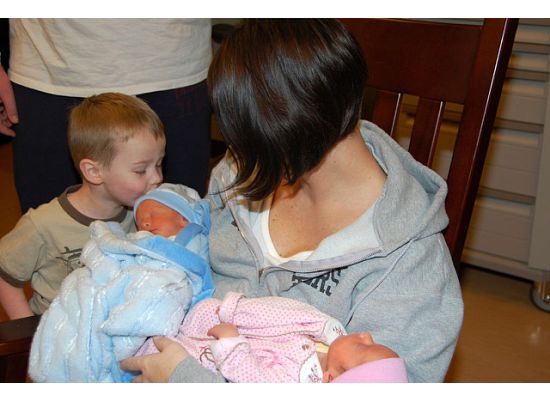Unfortunately racism still exists.
Growing up we lived in a small, country town.
Our school was small and not racially diverse.
My parents instilled values that were accepting and open to diversity of many kinds (socioeconomic, religious, racial, and cultural).
However, I can distinctly remember my senior year of high school when a new freshman moved to our small school.
She was a foster child and her parents were in the process of adopting her.
She was also African American.
She was the only African American in our school.
She was such a sweet girl.
She was very shy.
The guidance counselor asked me to show her around the school.
She had never played organized sports before, but said that she loved volleyball.
I encouraged her to try out for the volleyball team.
As a senior, I was allowed to practice for an hour before school if I wished.
I would pick up Sandy and help her work on some serving.
One day in the locker room before school, I noticed that something had been written on her locker.
It was a horrible racial slur.
I was shocked that someone in our small community could be so ignorant and hateful.
Sandy was scared to tell our coaches, but I told her that I would go in with her. She told me that this had happened at her last foster home.
She told me that one of her foster brothers was racist and would torture her daily.
It was so sad.
I found out who had written the words on Sandy’s locker and notified the coaches.
My teammate was suspended for a game.
Her parents were livid about the punishment, not upset with their daughter’s ignorance.
This was shocking to me.
Sandy seemed to enjoy the rest of the year and I believe our friendship helped shield her from some of the stupidity of others.
Unfortunately, the remaining years of high school for her were troublesome.
Each year, she had to endure at least one incidence of hate mostly while playing other teams in sports.
I wish that all parents were as wonderful as my own and would teach love and acceptance of others.
In the US, racism is a talked about issue. Since the horrific terrorist attacks on the United States on September 11, 2001, Security concerns have understandably increased, but so too has racial profiling and discrimination. I was in college in 2001 and I noticed several instances when signs for different clubs were defaced with a racial slur.
Different countries have cultural and racial differences.
While visiting Egypt, my parents were told by their guide not to discuss American issues, not to divulge that they were Americans, and not to speak loudly in public.
During their visit, several Americans were raided and killed.
Very scary.
Unfortunately, racial issues still exist.
I worry about my niece and nephews (who are bi-racial) and hope that they never have to endure any problems.
I pray that people view people for their actions and not superficial reasons.
It is important for parents to teach their children understanding and acceptance.
